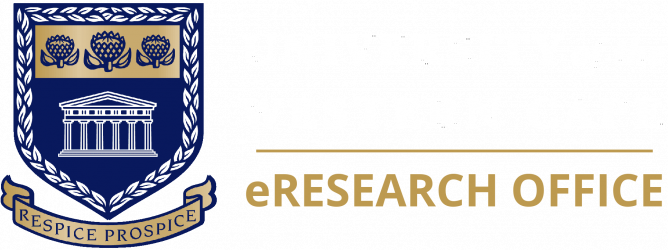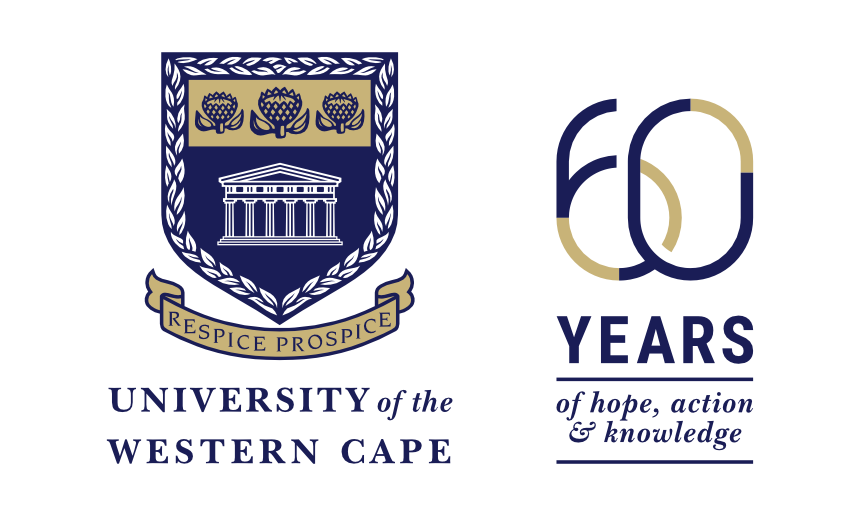On 23 September, the DVC Research and Innovation hosted a webinar titled ‘An impetus for Social Innovation and Development and Data Intensive Research: Higher Education, Food Security, Big Data and the Fourth Industrial Revolution’. The session demonstrated various niche areas at UWC, including Social Innovation and Development and Data Intensive Research. Presentations on research projects included the following:
University as a Vehicle to Achieve Social Innovation and Development: Repositioning the Role of the University in Society.
Dr Lwando Mdleleni works at UWC as a researcher in the office of the Deputy Vice Chancellor: Research and innovation. His particular research focus is on social innovation and development. The underlying notion around his position is to foster the role that the university plays in collaborating with communities. He is the founding director of Zenzeleni Networks, where he focused on research and community development in rural South Africa.
Can social innovation provide solutions to relieve economic vulnerability and address food (in)security in the context of natural disaster? Critical analysis of the influence of social innovation during uncertain times of crisis.
Shehaam Moosa is a Master’s student at the Institute for Social Development. She is affiliated to the DSI-NRF Centre of Excellence in Food Security and the Office of the Deputy Vice-Chancellor: Research and Innovation. She is a graduate of the University of Cape Town holding a Bachelor of Social Science, as well as a Bachelor of Development Studies Honours from the University of the Western Cape. Her research focuses on the influence of social innovation during uncertain times of natural disaster, particularly whether crisis culminates collaboration, in terms of addressing economic vulnerability and food (in)security. She is passionate about sustainable development, social transformation and enabling the most vulnerable.
A deeper look at the Fourth Industrial Revolution (4IR) and what it means for the
marginalized, a Social Innovation perspective.
Sihle Maphukatha is a Master’s student in Computer Science, his research focus on Fourth Industrial Revolution and Social Innovation. He has a BSc degree in Environmental and Water Science with honours in Integrated Water Resource Management and he has recently obtained his postgraduate diploma in Software Development, all at UWC.
Data Intensive Research for Drug Development, Therapeutics and Precision Medicine.
Dr Samuel Ayodele Egieyeh is a seasoned and highly experienced pharmacist (qualified in 1997) with B.Pharm (UNILAG), M.Pharm (UWC) and PhD in Bioinformatics (UWC). He also has a post-graduate diploma in clinical research and drug development from the University of Basel, Switzerland. He started his research career as a research fellow in 2001 at the
Department of Pharmaceutics and Pharmaceutical Technology, National Institute for Pharmaceutical Research and Development (NIPRD) in Abuja, Nigeria, where he was involved in the formulation, production and quality control of herbal medicinal products and raw material development. He is currently a senior lecturer at the School of Pharmacy at UWC. He leads the Computational Pharmacology and Cheminformatics Group (CPCG). His research focuses on computational drug discovery and design; data science (including cheminformatics, bioinformatics, machine learning and biostatistics techniques) for predictive drug development and precision medicine. His presentation will show the use of data science in drug discovery and development, therapeutics, and precision medicine. The presentation will also introduce the “University of the Western Cape’s Computational Pharmacology and Chemoinformatic Platform”, which analyses hit compounds from high-throughput assays (HTS) available in public bioactivity databases. The platform provides data analytics and data mining tools for researchers in drug discovery and design to analyse and mine useful data from their in-vitro experiments in order to make rational and viable drug discovery and design decisions.
Machine Learning for Data Intensive Applications in Communication Networks
Dr Clement N. Nyirenda joined UWC as a Senior Lecturer in Computer Science in October 2018. He received a PhD in Computational Intelligence and Systems Science from Tokyo Institute of Technology in 2011 and spent one year as a postdoctoral researcher at Keio University, Japan. His research efforts revolve around Artificial Intelligence techniques and their applications in Communication Networks and Smart Environments. In this presentation, he will give an overview of three machine learning projects that he has been working on over the past few years. The first project focuses on human position determination in indoor environments using Hierarchical Reservoir Computing (HRC) based on Array Antenna signals. The second one involves radio signal strength prediction using Echo State Networks (ESN), and the third application involves the detection of data anomalies in smart water metering networks using unsupervised learning techniques.
A recording of the session can be found here:

